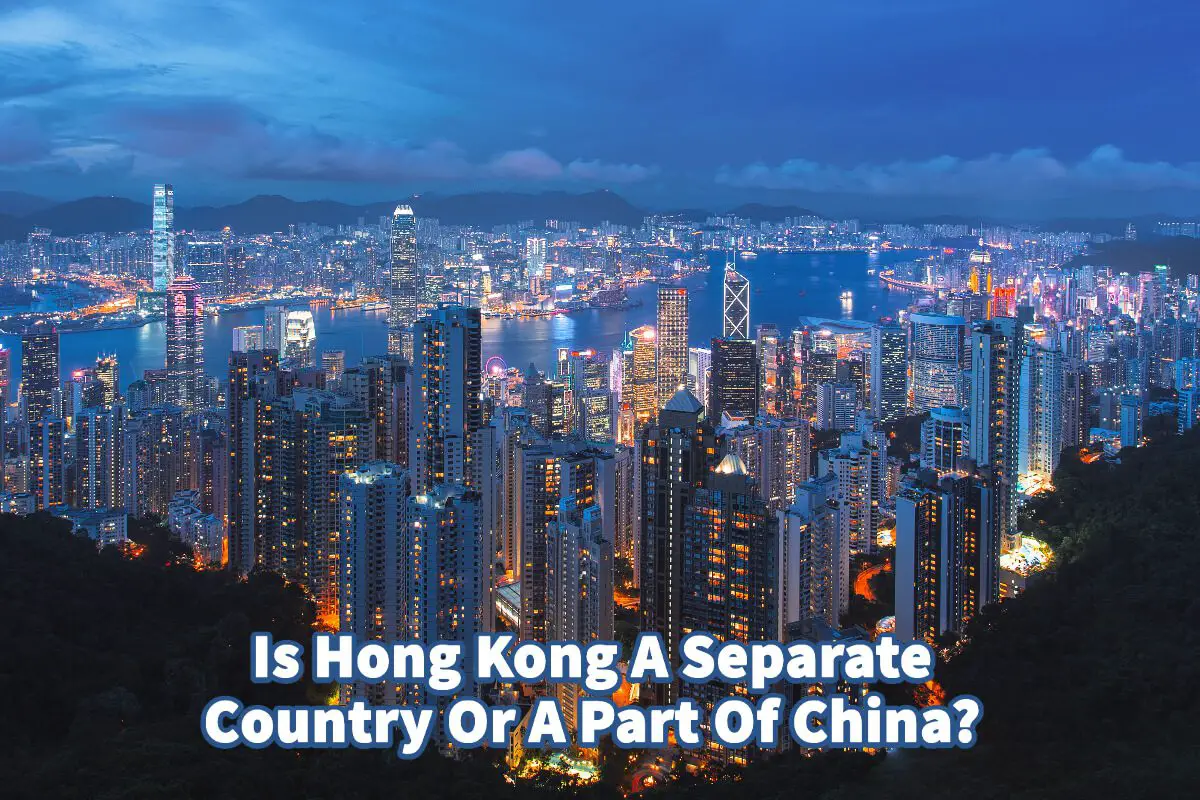In 1997 when Hong Kong’s rule reverted to China, I had just moved back to Hong Kong. I spent many years living and working in Hong Kong during that time.
Hong Kong and China have basic laws similar to what we would in the United States consider our constitution or our rights as individuals and citizens of a country. The Hong Kong Basic Law clearly states that Hong Kong is part of China’s territory. Hong Kong and China are one country with two different systems; Hong Kong has a separate basic law that China does not have. So, the legal, economic, financial, and other Hong Kong systems differ greatly from China.
Table of Contents
- The Hong Kong Basic Law – Hong Kong And China
- Hong Kong And China – One Country, Two Systems
- Related Questions
The Hong Kong Basic Law – Hong Kong And China
Hong Kong has a basic law similar to what we would consider in the United States to be our constitution or our rights as individuals and citizens of a country. This basic law clearly states that Hong Kong is part of China.
To answer whether Hong Kong is part of China, we must look at the basic law implemented in 1997 when Hong Kong reverted to Chinese control.
Article 1 of the Hong Kong Basic Law states:
“The Hong Kong Special Administrative Region is an inalienable part of the People’s Republic of China.”
Article 1 – Hong Kong Basic Law
In Article One, the general principles state that Hong Kong’s particular administrative region is an inalienable part of the People’s Republic of China. The word Inalienable means something that cannot be changed or taken away.
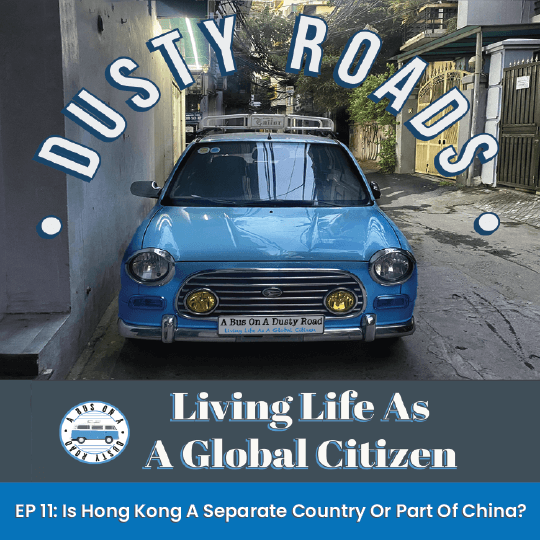
Listen To Our Podcast About Is Hong Kong a Separate Country Or Part Of China? below or by clicking here.
In this context, Hong Kong is a part of China; Hong Kong is part of China, something that the Hong Kong people cannot change. So, in this context, Hong Kong is a sovereign part of China.
Article 2 of the basic law explains how Hong Kong is supposed to have a high degree of autonomy when it comes to being ruled by China.
Article 2 of the Basic Law states:
“The National People’s Congress authorizes the Hong Kong Special Administrative Region to exercise a high degree of autonomy and enjoy executive, legislative and independent judicial power, including that of final adjudication, in accordance with the provisions of this Law.”
Article 2 – Hong Kong Basic Law
This can get messy because there is no authentic clarification of what it means to “exercise a high degree of autonomy” or for the Hong Kong people to enjoy executive, legislature, and independent judicial power.
In recent years, the problem has been that many in Hong Kong and China have read this law to mean very different things.
When Hong Kong became a part of China, many people talked about how Hong Kong and China were one country, but they had two government systems. Living and working in Hong Kong for a long time, I never saw anything different than Hong Kong and China being almost separate countries.
In recent years, many in Hong Kong have felt that this has changed in that it is no longer one country with two systems, so the world has seen protesting for what many in Hong Kong see as their right to freedom.
Article 4 of the basic law goes on to clarify and state that:
“The Hong Kong Special Administrative Region shall safeguard the rights and freedoms of the residents of the Hong Kong Special Administrative Region and of other persons in the Region in accordance with law.”
Article 4 – Hong Kong Basic Law
Hong Kong people have always been used to having a great degree of autonomy and freedom. They had this freedom under the British for many years, as Hong Kong is a very Western place ruled by the Western rule of law. Many in Hong Kong have felt their freedom has changed under Chinese rule.
Article 5 of the Basic law goes on to state:
“The socialist system and policies shall not be practised in the Hong Kong Special Administrative Region, and the previous capitalist system and way of life shall remain unchanged for 50 years.”
Article 5 – Hong Kong Basic Law
This basic law states that the social system will not be implemented or practiced in Hong Kong and that a capitalist democracy will remain unchanged for 50 years. Many Hong Kong citizens have felt that their rights under this article have been infringed upon. China’s government has tried to put in more pro-Beijing leaders than in the past, which they see as taking away their political system.
Article 8 of the Basic Law also states:
“The laws previously in force in Hong Kong, that is, the common law, rules of equity, ordinances, subordinate legislation and customary law shall be maintained, except for any that contravene this Law, and subject to any amendment by the legislature of the Hong Kong Special Administrative Region.”
ARticle 8 – Hong Kong Basic Law
When you read this, it says that Hong Kong should have all of its former laws
In many Chinese laws, certain rights are given “except it goes against the state.” This statement is an inclusive legal term that offers a lot of leeway to decide precisely what “except it goes against the state” really means.
The Hong Kong basic law says, “except for any that contravenes this law.” As I see it, the issue with the statement “except for any that contravene this law” is very vague. Things in the Hong Kong basic law can become very fuzzy, as “except for any that contravenes this law” can be interpreted differently.
Hong Kong And China – One Country, Two Systems
Even though Hong Kong and China are one country, there are still some ways where it still feels like two separate countries. Here are some reasons why they feel separated as one country and two systems.
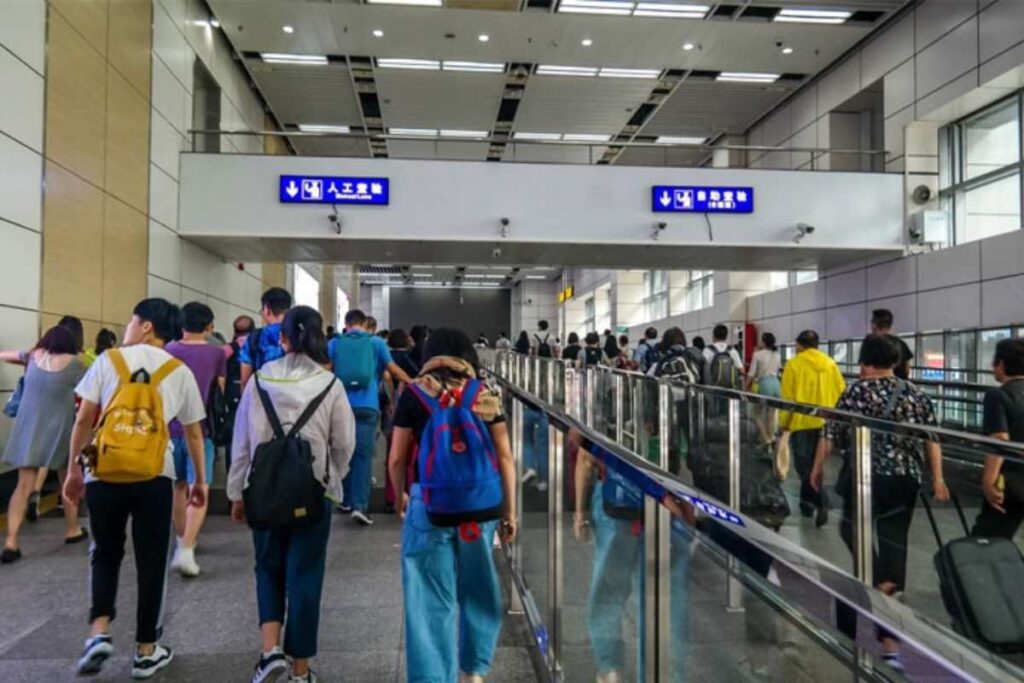
- Border Control – You must go through immigration or border control when traveling between Hong Kong and China. Each of them will have its separate immigration policies and customs policies.

- Right of Abode – Also, there is a considerable difference in the right of abode. A Chinese citizen does not have the automatic right to live and work in Hong Kong. They need to be able to go through the same immigration process that anyone else would need to go through to live and work in Hong Kong.
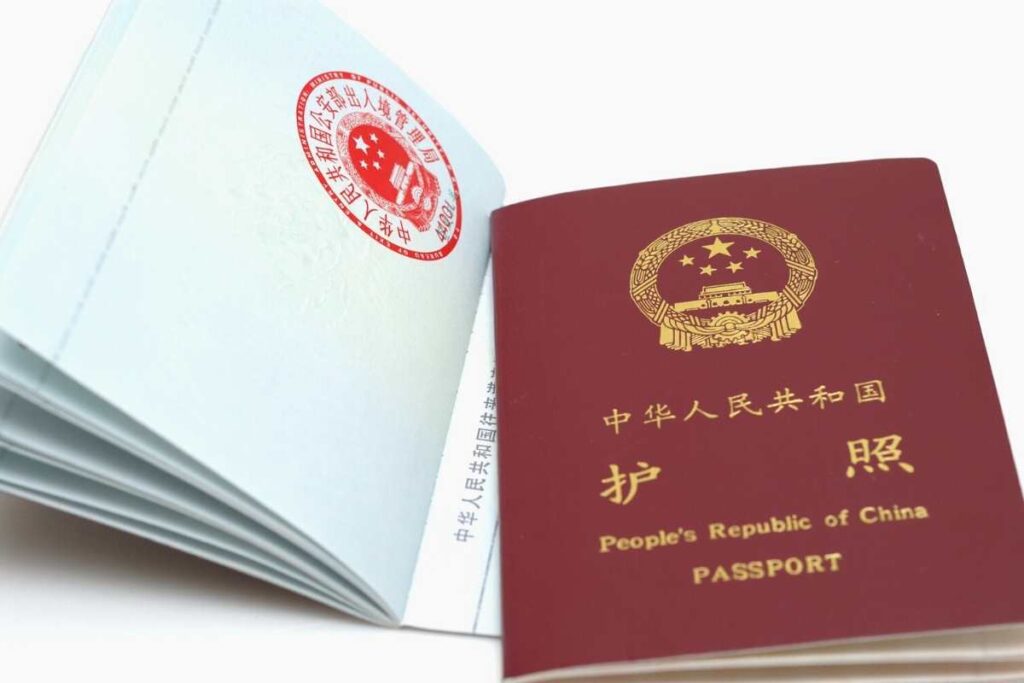
- Chinese Must Get Visas to Hong Kong – For a Chinese person to travel to Hong Kong, they must get a visa and get permission to travel there. This may be easier for some parts of China, such as Guangdong province, than in other parts of China. Just because they are considered one country, it does not automatically give every Chinese citizen the right to receive a visa to travel to Hong Kong.
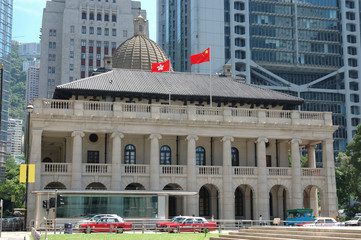
- Legal System – Both Hong Kong and China have very different legal systems. In Hong Kong, the official languages are both English and Chinese. If you need to go to court in Hong Kong as a foreigner, the court would likely be conducted in English. In China, it would be only in Chinese.

- Financial Systems – The financial and banking systems of both countries are very different. Many Chinese companies try to set up a company and a bank in Hong Kong because it is much more favorable to do so within mainland China.

- Social Media And Other Freedoms – In China, getting on social media, including Google, Facebook, Instagram, WhatsApp, and YouTube, could be complicated. To get onto most Western social media, you need a VPN. This is not the case in Hong Kong; you can get onto all these western social media and other websites.
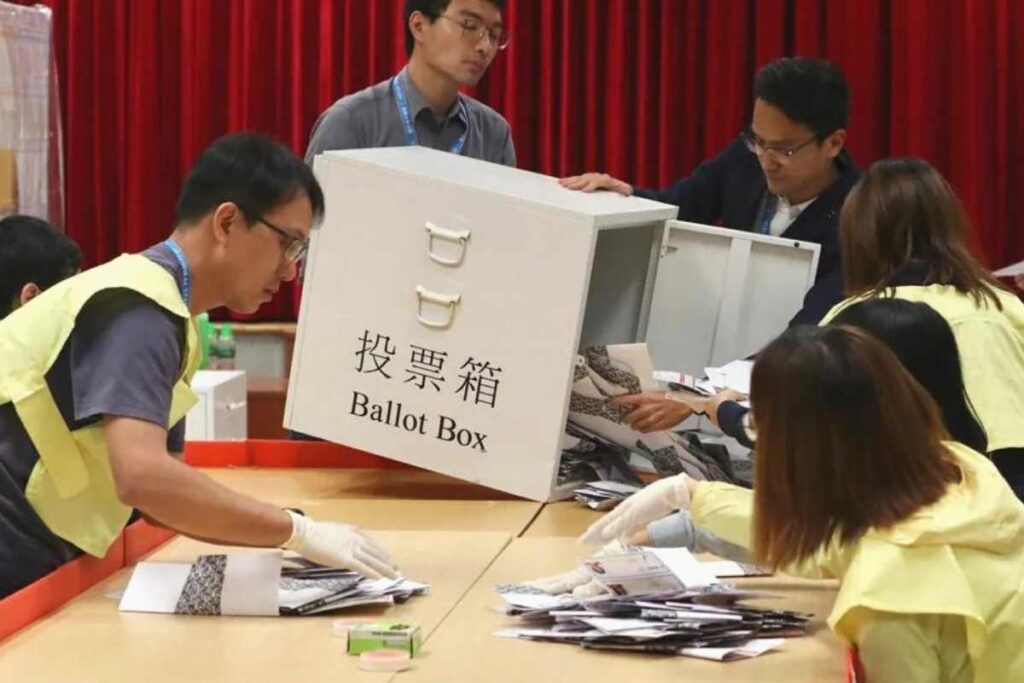
- Election And Democracy – In Hong Kong, Hong Kong citizens have the right to run for office and be elected into office. Many in Hong Kong feel that China is trying to put in pro-Beijing or pro-Chinese candidates for the election process.
I have a degree in Chinese business law, and as part of the degree, we studied quite a bit about the laws in mainland China. One thing I noticed about those laws was that it would be so easy to interpret them one way versus what was actually intended.
I see this is one of the issues between what is now happening in Hong Kong and China. Many parts of the basic law are so vague that many Hong Kong people read it one way, whereas the Chinese read it differently. This ambiguity has caused political arrest and other problems.
Hong Kong and China’s relationship is not perfect. They still have many things that the country needs to work out. But when you ask if Hong Kong is part of China, Hong Kong is undoubtedly part of China, even though there are many differences between China and Hong Kong.
At A Bus On A Dusty Road, we talk about everything about travel, life, sailing, and ex-pat living. We are all about “Living Life As A Global Citizen.” We explore social, cultural, and economic issues and travel.
We would love to have you be part of our community. Sign up for our newsletter to keep up-to-date by clicking here. If you have any questions, you can contact me, Anita, by clicking here.
Listen to our Podcast called Dusty Roads. You can find it on all major podcast platforms. Try out listening to one of our podcasts by clicking here.
Subscribe to our A Bus On A Dusty Road YouTube Channel filled with great videos and information by clicking here.
Related Questions
What Is The Official Language Of Hong Kong?
The official language of Hong Kong is Chinese and English. The residents of Hong Kong are native Cantonese Chinese speakers, so the official language is Cantonese Chinese. Many in Hong Kong can also speak Mandarin Chinese; many local Hong Kong residents prefer to speak Cantonese Chinese or English.
By clicking here, you can discover What Is The Official Language Of Hong Kong?
How Similar Are The Chinese And Vietnamese Languages?
Both Vietnamese and Chinese are Asian languages though they come from different language families. Vietnamese and Chinese are both tonal languages and have similar sentence structures. They are monosyllabic languages, meaning that one word has one syllable and several dialects are spoken.
By clicking here, you can discover How Similar Are The Chinese And Vietnamese Languages?.
10 Reasons You Can Live In Hong Kong And Only Speak English
You can live in Hong Kong and speak only English. Many Hong Kong people speak English. Hong Kong is a former British Colony, so English is one of the official languages. In Hong Kong, the police, courts, restaurants, banks, and shops, people will usually speak English; many schools are English-speaking.
By clicking here, you can discover 10 Reasons You Can Live In Hong Kong And Only Speak English.

